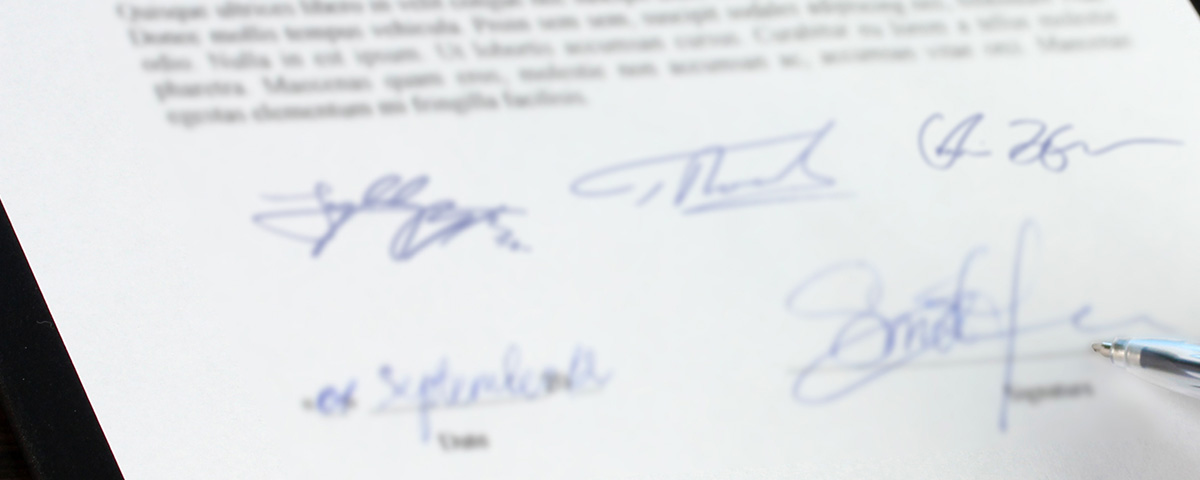
OBLIGATIONS OF STATE PARTIES
The Committee on the Elimination of Discrimination against Women (the Committee) at paragraphs 10 – 11 of its previous Concluding Observations recommended full incorporation into domestic laws the provisions of the Convention. The Government is committed to implementing the principles and provisions of the Convention. While there is no single local legislation that seeks to implement the Convention in its entirety, various provisions of the Convention are covered under different pieces of local legislation. The Government also seeks to implement other provisions through administrative measures and public education as detailed under relevant Articles in this Report.
The Basic Law and the Hong Kong Bill of Rights Ordinance (HKBORO) (Cap.383) continue to protect the fundamental rights of residents of the HKSAR, including the right to equality and non-discrimination.
Regarding the elimination of discrimination against women, the position in relation to the four anti-discrimination legislation (i.e. SDO, the Family Status Discrimination Ordinance (Cap. 527) (FSDO), the Disability Discrimination Ordinance (Cap. 487) (DDO) and the Race Discrimination Ordinance (Cap. 602) (RDO)) remains largely the same as reported in the previous report. They continue to render discrimination on the grounds of sex, marital status, pregnancy, disability, family status and race in the specified circumstances unlawful.
An updated list of the more significant court cases under the SDO is set out in Annex 2A.
The Equal Opportunities Commission (EOC) reviews the operation of the four pieces of anti-discrimination legislation on a regular basis and puts forward legislative proposals where necessary. Since the last report, several amendments have been made to the SDO pursuant to the review. For instance, in 2014, on EOC’s recommendation, the Government extended the protection and territorial scope of the SDO to render unlawful any sexual harassment by customers against providers or prospective providers of goods, facilities or services. The prohibition of sexual harassment has also been expanded to cover harassment which occurs on a Hong Kong registered ship or aircraft even if it is outside the territory. The amendment affords protection to a large number of service providers in Hong Kong including approximately over 45 000 nurses, 12 000 flight attendants, 230 000 food and beverage workers and 260 000 retail workers.
Since the last report, EOC continued its effort to investigate into complaints lodged with it on the grounds of sex, marital status and pregnancy. EOC also endeavours to redress grievances through conciliation. Where conciliation could not bring about settlement, EOC might offer appropriate assistance in litigation, including giving advice, arranging for the giving of advice or assistance by a solicitor or counsel, arranging for representation by any person in legal proceedings and any other form of assistance as appropriate.
EOC launched the Discrimination Law Review (DLR) in March 2013 to review comprehensively the four ordinances and made submissions on the DLR to the Government in March 2016. Among the eight recommendations of priority, four are related to amendments to the SDO, including:
(a) to introduce express provisions in the SDO prohibiting direct and indirect discrimination on the grounds of breastfeeding (including the expression of milk) as a separate prohibited ground of discrimination;
(b) to amend the provisions of the SDO, RDO and DDO to provide protection from sexual, racial and disability harassment to persons in a common workplace;
(c) to amend the SDO and DDO to provide protection from sexual and disability harassment by management of clubs of members or prospective members; and
(d) to repeal the provisions of the SDO, FSDO and RDO which require proof of intention to discriminate in order to obtain damages for indirect discrimination.
The Government targets to submit the legislative proposals to the LegCo by end-2018.
The Committee raised concerns at paragraphs 50 - 51 of its previous Concluding Observations regarding WoC’s mandate and resources to undertake gender mainstreaming and other activities.
Since the last report, WoC has stepped up efforts in promoting women’s development, women’s participation in public affairs and gender mainstreaming. In 2018, WoC has embarked on a re-organisation of its structure and examined the priority work areas to better focus its efforts and resources on areas that require attention. Details of the work of WoC are set out in Annex 2B.
Some commentators suggested that the Government should consider upgrading WoC, for instance, by bringing WoC under the purview of the Chief Secretary for Administration or turning it into a statutory body. It was also suggested that WoC should be given an independent secretariat for more effective promotion of women’s interests.
Since its establishment in 2001, all non-official members of WoC are appointed by the Chief Executive on the basis of the merit of individuals. They come from various backgrounds and possess knowledge and experience from various sectors. The wide range of background and expertise of the members can help WoC in promoting the well-being and interests of women in Hong Kong. Turning it into a statutory body may not be the most conducive way to advance the goals and missions of WoC. By taking an active role in advising the Government on policies and initiatives which are of concern to women, and acting as an intermediary between the Government and local women groups and NGOs, WoC can continue to create an enabling environment for women. It is also a common practice for Government’s ASBs to receive secretariat support from a policy bureau.
WoC receives Government funding to implement its programmes and secretarial support from a team of officers in LWB. Since the last report, LWB’s actual expenditure in this respect increased by about 27.4% from HK$24.8 million in 2011-12 to about HK$31.6 million in 2017-18.
